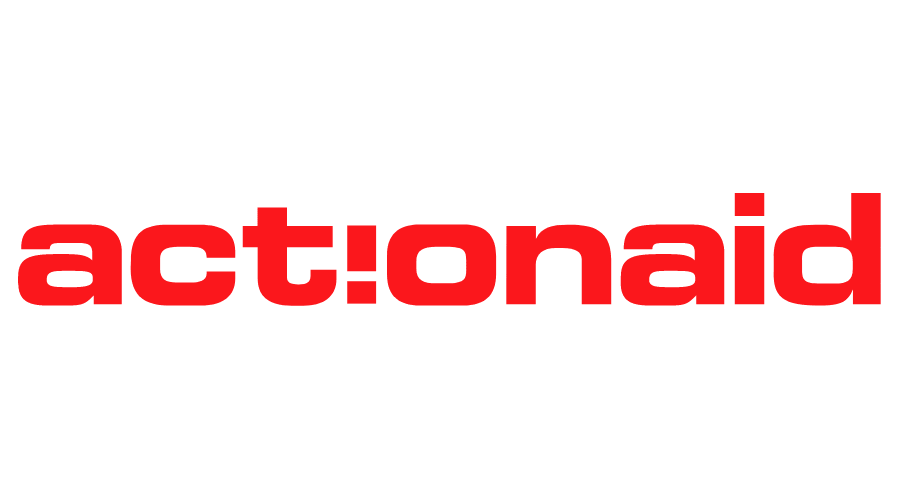ActionAid Nigeria has called on the government to reassess its fiscal policies to reduce the country’s mounting debt burden and prevent a potential debt crisis. The appeal was contained in a statement signed by the organisation’s Country Director, Andrew Mamedu, highlighting the alarming growth in Nigeria’s public debt.
According to figures from the Debt Management Office (DMO), Nigeria’s public debt reached a record N134.297 trillion in June 2024, marking an increase of nearly N13 trillion—or 11%—in just three months. The organisation noted that this equates to a per capita debt of approximately N619,501, far exceeding the recently approved minimum wage of N70,000.
The debt comprises N63 trillion in external debt and N71.2 trillion in domestic obligations. The Federal Government is responsible for the lion’s share, with N55.8 trillion in external and N66.9 trillion in domestic debt. Among states, Lagos leads with a domestic debt of N885.99 billion, followed by Rivers State at N389.20 billion.

ActionAid expressed concern that the soaring debt is largely driven by extensive borrowing, leading to a critical fiscal imbalance.
The organization warned that the high debt service-to-revenue ratio jeopardises government spending on essential services, risking long-term economic instability.
To address these challenges, ActionAid recommended cutting the allowances of high-ranking officials, such as legislators and ministers, as a symbolic and practical measure to promote responsible governance.
The organization also recommended implementing a progressive tax system where wealthier individuals and corporations contribute more while reducing the reliance on regressive taxes that disproportionately impact lower-income Nigerians.
ActionAid urged exploring alternative revenue sources to reduce dependence on borrowing, prioritising efficient resource allocation and removing unnecessary spending beyond salaries; and creating equitable development strategies to ensure resources and opportunities are distributed fairly across all regions of Nigeria.
ActionAid reaffirmed its commitment to advocating for policies that promote the welfare of Nigeria’s most vulnerable populations, calling for an overhaul of fiscal strategies to secure an inclusive and sustainable future.


